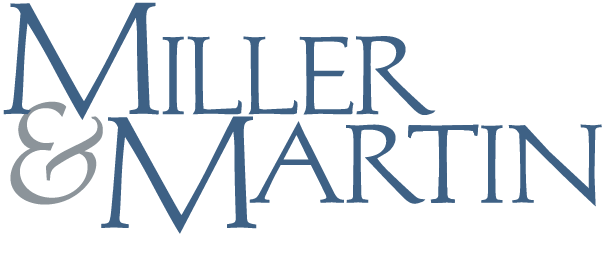New NLRB Decision Reverts Back to Former Independent-Contractor Standard
Miller & Martin PLLC Alerts | January 30, 2019
Authors: Bradford Harvey | Jessica Malloy-Thorpe
The National Labor Relations Board (NLRB) has issued a new decision, SuperShuttle DFW, Inc., which returns to the Board’s traditional independent-contractor analysis. This decision overrules a 2014 Obama-era Board decision, FedEx Home Delivery, which set out a modified test that limited the significance of a worker’s entrepreneurial opportunity for economic gain in determining whether the worker is an employee or independent contractor. Now, under SuperShuttle, the Board has returned to the traditional common-law test, which gives more weight to this factor.
In SuperShuttle, the workers drove shuttle vans at the Dallas-Fort Worth airport. Prior to 2005, SuperShuttle designated its drivers as employees, paid them hourly wages, and assigned them to regularly-scheduled shifts. In 2005, the company switched to a franchise model, under which drivers sign one-year franchise agreements, supply their own vans, and pay the company an initial franchise fee and a flat weekly fee for the right to use the company’s brand name and its dispatch and reservation systems. The drivers choose when and how much they work and retain the money they earn for completing assignments. The drivers also can hire and employ relief drivers, as well as transfer their franchise to another individual. SuperShuttle does not provide any benefits to the drivers or withhold taxes for them.
The case arose when a union sought to represent a unit of driver-franchisees, whom the company contended could not unionize because they were independent contractors. The union argued that the drivers were actually employees, while SuperShuttle maintained that that the driver-franchisees were independent contractors with “unfettered entrepreneurial freedom.”
Ultimately, the Board agreed with SuperShuttle and overruled its FedEx Home Delivery decision. The Board returned to the traditional common-law factor test and found that the driver-franchisees were independent contractors, as they were essentially small business owners who “make a significant initial investment in their business by purchasing or leasing a van and entering a franchise agreement." The Board further observed that the driver-franchisees “have nearly unfettered opportunity to meet and exceed their weekly overhead,” as they have “total control over their schedule, they work as much as they choose, when they choose; they keep all fares they collect, so the more they work, the more money they make; and they have discretion over the bids they choose to accept.” The Board determined that these factors, “extent of control by employer, method of compensation, and ownership of principal instrumentality,” show that the driver-franchisees “have significant opportunity for economic gain and significant risk of loss" and “strongly support finding independent-contractor status.”
Key Takeaways of this Decision
SuperShuttle will make it easier for companies to prove that workers are independent contractors when the companies give the workers significant entrepreneurial opportunities and freedom. Employers should still proceed with caution in this area, however. The Board test is not a free pass, and the Department of Labor (enforcing the Fair Labor Standards Act) and Internal Revenue Service have their own tests and have prioritized independent contractor misclassification in recent years. Additionally, each state has its own tests regarding unemployment and other state-imposed taxes, which in many cases is are significantly more restrictive than the federal tests.
The fact remains that employers should not simply rely on an independent contractor agreement or a Form 1099 filing, but should assess independent contractor classification based on the particular circumstances of the workers involved.
Should you have any questions concerning this NLRB decision or the classification of workers as independent contractors or employees generally, please feel free to contact Jessica Malloy-Thorpe, Brad Harvey, or any other member of our Labor & Employment Law Practice Group.

